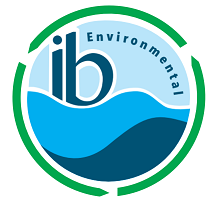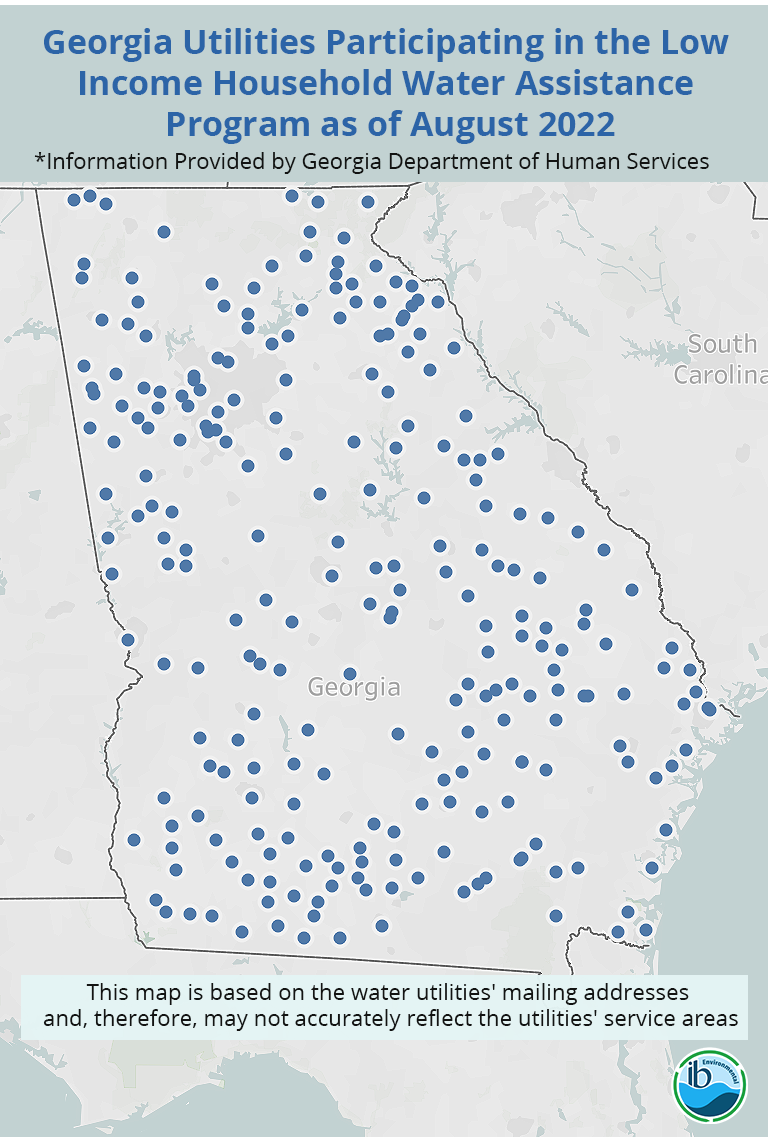The Low-Income Household Water Assistance Program (LIHWAP) emerged as a pivotal but temporary initiative to aid low-income households with their water, wastewater, and stormwater bills. This historic program was the first federal program of its kind to assist with water bills, and was created in the wake of the COVID-19 pandemic. What would its termination now mean?
Read MoreDuring the COVID-19 pandemic, the Low-Income Household Water Assistance Program (LIHWAP), a temporary relief program, was created and funded. This was the first time that an assistance program, specifically for water, had been created. Congress appropriated $1.13 billion under the Consolidated Appropriations Act of 2021 and the American Rescue Plan Act of 2021. Georgia received $37,173,132 to launch its LIHWAP program. As of June 30, 2022, 282 water utilities in the state are participating in the program that helps customers with their water bills. Is it too late for your utility to be one of them?
Read MoreThe pandemic may not be affecting all water utilities evenly across Georgia. While both the unemployment rate and the virus spread remain high, a few utilities have actually seen increases in rate revenues and connection fees over the last few months. Several metro utilities say they have not seen a significant drop in non-payment yet. At the national level, Standard and Poor’s (S&P), a utility credit-rating agency, reports it only downgraded 39 of the roughly 17,000 communities that the company has utility rating relations with between March and mid-December, 2020. So, with this much job loss, which utilities are suffering?
Read MoreGeorgia has about 1.5 million septic tanks, with many of them being over thirty (30) years old. This is about the timeframe when many septic tanks begin to fail. Septic tanks are no longer considered a temporary solution until public wastewater infrastructure takes over. In fact, each year, in the sixteen-county metro Atlanta area alone, at least 12,000 new septic tanks are installed. With so many Georgians spending more time in their own homes due to the pandemic, there has been more pressure on these septic systems. What are the repercussions from this, and what does it cost?
Read More



